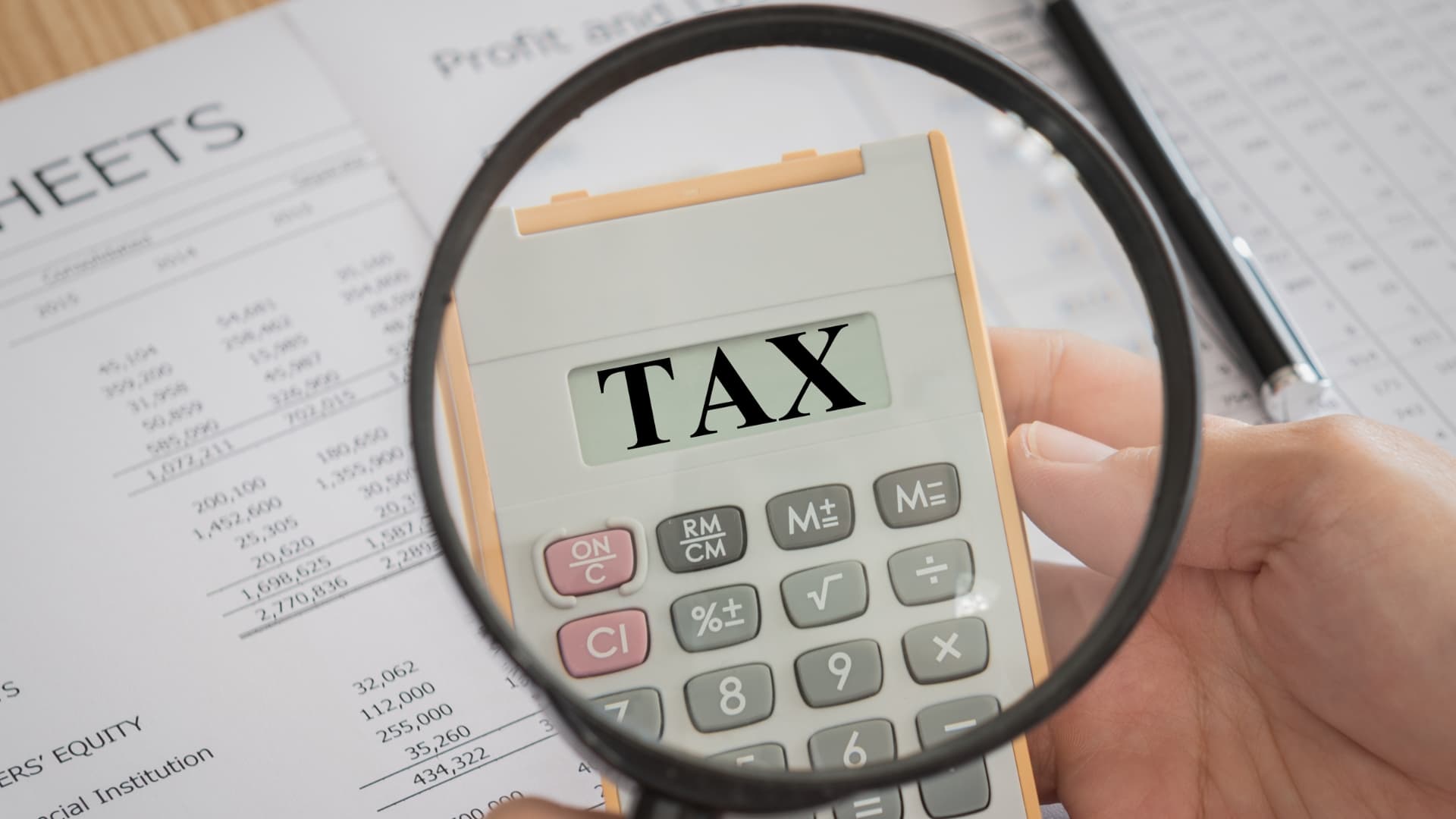
In the world of expatriate taxes, one crucial aspect that demands attention is the reporting of foreign bank accounts. Expatriates, living a global lifestyle, often find themselves grappling with the complexities of this requirement. Learn about the nuances of reporting foreign bank accounts and how Expatriate Tax Returns stands as a reliable partner to assist individuals in ensuring compliance while maximizing financial benefits.
The Scoop on Reporting
- Understanding the Requirement: Reporting foreign bank accounts is a vital obligation for expatriates, mandated by the Foreign Bank Account Report (FBAR) and Form 8938. It involves disclosing details about financial accounts held in foreign countries, including bank accounts, investments, and certain specified assets. The intricacy of these reporting requirements necessitates a comprehensive understanding of the rules and regulations.
- Common Challenges Faced by Expatriates: Expatriates often encounter challenges in navigating the reporting landscape for foreign bank accounts. From deciphering which accounts need to be reported to understanding the threshold requirements, the process can be overwhelming. Expatriate Tax Returns recognizes these challenges and specializes in providing tailored solutions to ease the burden on individuals.
- Maximizing Financial Benefits Through Reporting: Beyond mere compliance, we adopt a proactive approach to foreign bank account reporting. By strategically navigating the reporting process, we help expatriates uncover potential financial benefits, such as optimizing available tax credits and deductions. This approach contributes to a holistic financial strategy tailored to an individual’s unique circumstances.
Get Help For Your Reporting
Reporting foreign bank accounts is a vital component of expatriate tax obligations, and with Expatriate Tax Returns by your side, this process becomes more manageable and advantageous. Book a tax appointment by visiting our Contact Page or calling 877-382-9123. Whether you are navigating the complexities of FBAR or Form 8938, our expertise ensures not only compliance but also the optimization of financial benefits. Trust in Expatriate Tax Returns as your expert navigator through the financial waters, ensuring a smooth journey toward tax compliance and financial well-being.









